Tag: linguistics
-

Stephen Howe, Fukuoka University – Yes and No in England and America
How many ways can you say yes or no? Stephen Howe, associate professor in the department of English at the Graduate School Fukuoka University Japan, explores this question. Dr. Stephen Howe is an associate professor of English at Fukuoka University, Japan. His research field is historical linguistics, which is the study of how and why…
-
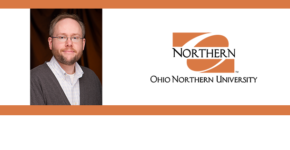
Douglas Dowland, Ohio Northern University – Language and Nationalism
The words we use when we talk about our country can have powerful meanings. Douglas Dowland, associate professor of English at Ohio Northern University, looks at the role of language in nationalism. Douglas Dowland is Associate Professor of English at Ohio Northern University. He was named Professor of the Year for 2018 by its Getty…
-
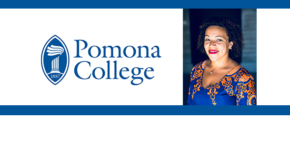
Nicole Holliday, Pomona College – What Do We Assume Based on the Voices We Hear
The sound of your voice can tell a lot about you. Nicole Holliday, assistant professor of linguistics at Pomona College, discusses why. Nicole Holliday is an Assistant Professor of Linguistics at Pomona College in Claremont, California. She received her Ph.D. in linguistics from New York University, where her dissertation focused on how individuals with one black parent and one…
-
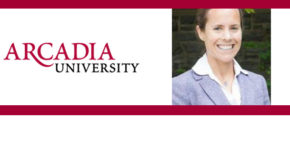
Aroline Hanson, Arcadia University – Bringing Back Brunca
On Arcadia University Week: Extinct languages can be brought back from the dead. Aroline Hanson, assistant professor of modern languages and cultures, explores this process in Central America. Dr. Aroline Seibert Hanson earned her Ph.D. in Spanish and Language Science at the Pennsylvania State University. She is a tenured Assistant Professor of Spanish and Linguistics…
-
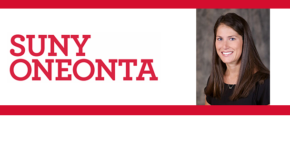
Jacqueline Bruscella, SUNY Oneonta – Happy Holidays
Do you say Happy Holidays or Merry Christmas? Jacqueline Bruscella, assistant professor of communication at SUNY Oneonta, says your choice may depend on your speech community. Dr. Jacqueline Bruscella, Assistant Professor of Communication in the Department of Communication and Media at the State University of New York, College at Oneonta, presents her research on holiday…
-
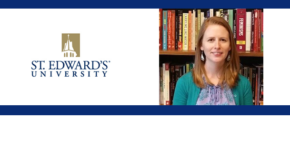
Emily Bernate, St. Edwards University – Politeness in U.S. Spanish
Emily Bernate, assistant professor of Spanish at St. Edward’s University, looks at softening our requests to sounds more polite. Emily Bernate is an assistant professor of Spanish at St. Edwards University. Her research interests include sociolinguistics and pragmatics, particularly gender differences in language and politeness norms. She has taught second-language and heritage languages courses in Spanish…
-
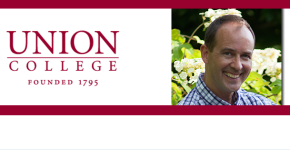
Lewis Davis, Union College – Gendered Language
Can gendered language make a difference in hiring decisions? Lewis Davis, professor of economics at Union College, delves into this question. Prof. Davis has been a faculty member at Union College since 2006 and teaches courses on political economy, economic growth, and the economics of culture, and the economics of sin. He has over twenty…
-
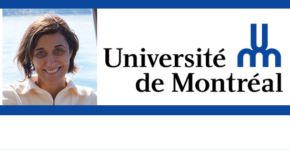
Ana Ines Ansaldo, University of Montreal – Benefits of Bilingualism
The benefits of bilingualism are more than once thought. Ana Inés Ansaldo, associate professor in the school of speech-language pathology and audiology at the University of Montreal, explores these benefits and how they can help us improve ourselves. Dre Ansaldo completed her Ph.D in Biomedical Sciences at the Université de Montréal, and a Post-doctoral training,…
-
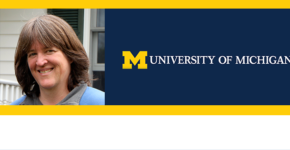
Robin Queen, University of Michigan – Typos & Personality
Why are some people the grammar police and others not? Robin Queen, Professor of Linguistics at the University of Michigan, delves into whether personality type may determine if you care about whether someone typed the right there or their. Robin Queen is Arthur F. Thurnau Professor and Professor of Linguistics, English Language and Literatures and…
-
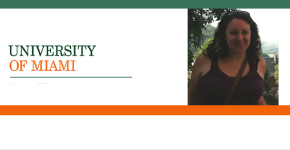
Lynn Perry, University of Miami – Onomatopoeia
Do more sounds like they mean or are they arbitrary? Lynn Perry, assistant professor in the department of psychology at the University of Miami College of Arts & Sciences, delves into this debate with her current research. Research Interests: A question motivating much of my research is What do words do? In particular, I’m interested in the extent…
